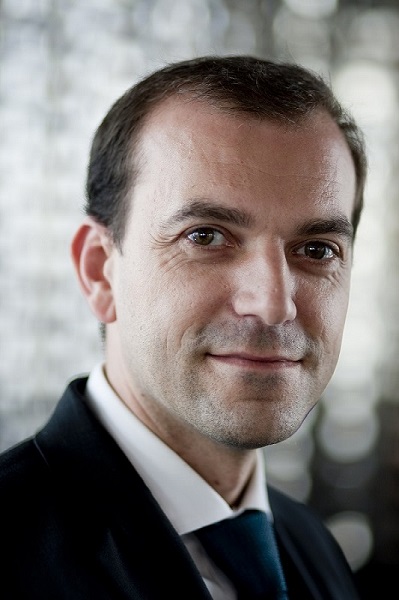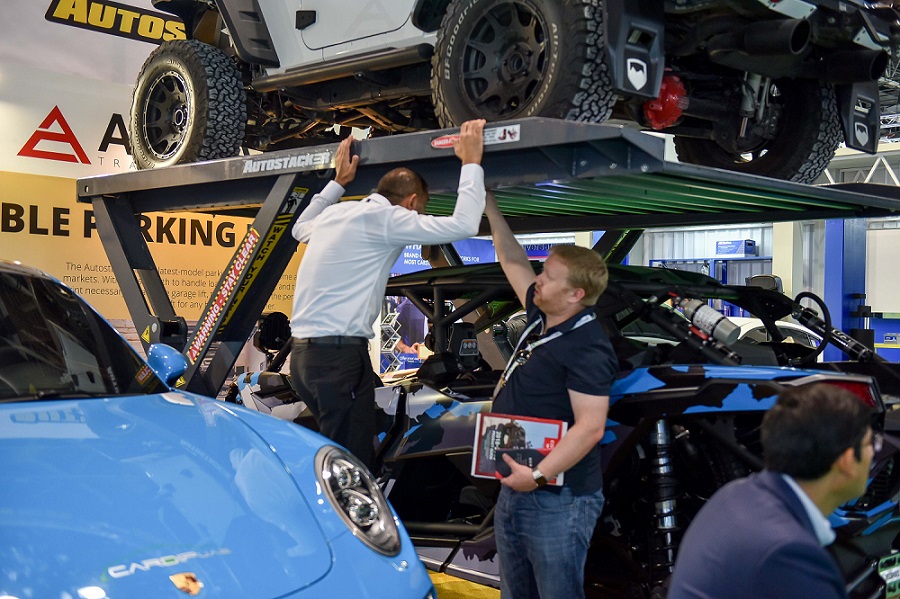The future looks extremely exciting for the Middle East’s automotive aftermarket, which is poised on the brink of transformational change, thanks to the power of new technological changes, that have the power to revolutionise the industry and provide a big boost in business, a recent survey has revealed.
A market survey of 1,308 auto aftermarket professionals showed that 66 percent of respondents expressed optimism in the future of the regional auto aftermarket, while 37 percent believed that new technologies, predominantly related to electric, hybrid, and autonomous mobility, will open up considerable new business opportunities in the region.
The survey, answered by auto aftermarket distributors, manufacturers, importers and exporters, wholesalers, retailers, consultants and service providers, further revealed that 42 percent of respondents had already received customer requests for products and services related to the non-petrol or diesel powered internal combustion engines. Nearly half of the respondents (46 percent), also believed there’ll be notable changes in the regional auto aftermarket within the next five years due to technology changes, with electric vehicle (47 percent of respondents) and hybrid vehicle (32 percent) technology presenting the main challenge to diesel and petrol technology.
The extensive survey was conducted ahead of Automechanika Dubai 2018, the Middle East and Africa’s largest international trade fair for the auto services industry. The full report and findings was revealed on the first day of the showpiece event, which was held in the first week of May at the Dubai International Convention and Exhibition Centre.

Ahmed Pauwels, CEO of Automechanika Dubai’s organiser Messe Frankfurt Middle East, which also conducted the survey, said: “The Middle East Automotive Aftermarket Outlook survey was conducted to ascertain the current situation in the regional aftermarket, where it’s headed, and where the potential opportunities are in the Middle East. It was answered by industry professionals, senior decision makers, thought leaders and government representatives that are involved in the Middle East automotive aftermarket on a daily basis and that are also regular visitors to Automechanika Dubai.”
The Middle East Automotive Aftermarket Outlook survey findings will be presented at Automechanika Dubai’s new Innovation Zone, a dedicated feature at the centre of the exhibition floor that provides fresh insights into new technologies and products that are shaping the future of the regional automotive aftermarket. The Innovation Zone is an extension of Automechanika Dubai’s popular Automechanika Academy programme, a three-day series of value added conferences, workshops, and business networking events.
Pauwels added: “There’re rapid changes the auto industry as a whole is facing, fuelled by new technologies and ever evolving innovations. We see these changes as a major opportunity for the aftermarket, and with this in mind, we’re delighted to extend our Automechanika Academy programme to include the Innovation Zone.”
Almost 44 percent of respondents of the survey believed there would be fully autonomous vehicles on Middle East roads within the next five years, underlining the rapid transformation regional governments, particularly in the UAE, are gearing towards in the coming years. Respondents were also asked for their thoughts on which key product groups would face the most disruption in the Middle East in the coming years, these comprising Parts & Components; Electronics & Systems; Accessories & Customizing; Repair & Maintenance; Car Wash, Care & Reconditioning and Tyres & Batteries.
While the majority of respondents (54 percent) felt their companies were ready for the changes ahead, 60 percent said Parts & Components would face the most disruption in the next few years, followed by Repair & Maintenance (36 percent) Electronics & Systems (35percent) Accessories & Customizing (26 percent), Tyres & Batteries (25 percent), and Car Wash, Care & Reconditioning (14 percent).

